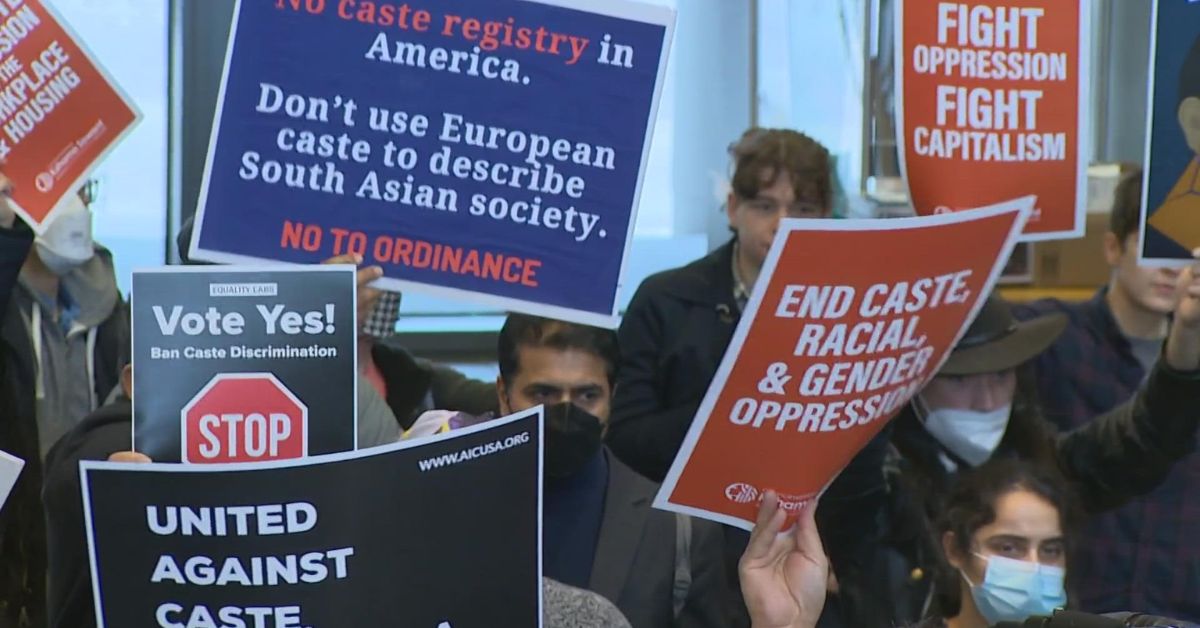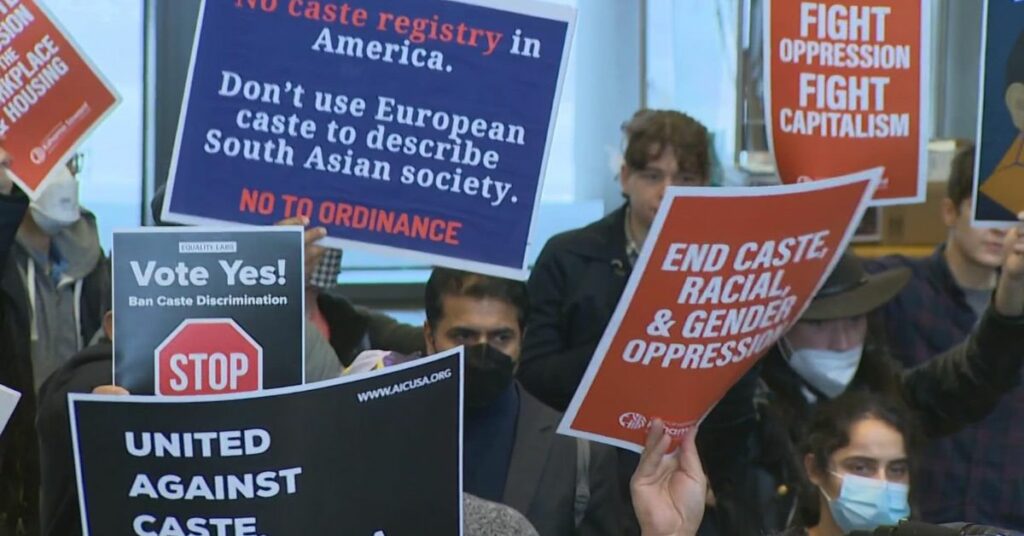Casteism is a sneaky way of treating people unfairly that is most common in South Asian communities. The caste system is a social hierarchy that divides people into fixed groups at birth. Those at the bottom of the hierarchy, many of whom call themselves Dalits, face insults, discrimination, and even violence because of their caste.
Even though the caste system started in ancient India and has its roots in Hinduism, its modern form developed over centuries of Muslim and British rule, and it can now be found in almost all South Asian countries and religious groups. After India attained independence, the country’s new constitution, authored by a Dalit legal scholar, formally banned caste discrimination, but caste-based prejudice remains a serious problem in modern India.
Caste bias and discrimination could become more common in the US because South Asians are one of the immigrant groups that is growing the fastest. But because caste-oppressed people in the US are a minority within a minority, people who aren’t from South Asia might not understand the subtleties at play. Already, the issue is making its way through the legal system. A former Cisco Systems worker who said he was treated unfairly because of his caste will have his case heard in a California state court.
Caste is especially important in Seattle, which is one of the biggest tech hubs in the country and home to big companies that hire a lot of South Asian immigrants. During the week before the vote, many people spoke out at public hearings and wrote letters to the city council about how caste has shown up in workplaces and other places in the area.

Wanna Read More latest News:
- Nicole Kidman Was So Happy When She And Tom Cruise Finally Split Up
- A Florida Television Crew Covering A Shooting Near Orlando Was Shot, Killing Two Individuals, Including A 9-year-old
Backers Say the Move Will Help Bring More Attention to the Issue
The ordinance was passed by the Seattle City Council by a vote of 6-1. During the public comment period on Tuesday, many people of different races, religions, and castes signed up to speak, and the vast majority of them supported the law. Supporters included Hindus, Sikhs, and Muslims, as well as workers from dominant and oppressed castes, union members, progressive political organizers, and others.
Thenmozhi Soundararajan, executive director of the Dalit advocacy organization Equality Labs Said-
“This was a win centuries in the making and it was really the fruition of many years of organizing in Seattle across racial and gender and worker lines,” “It’s also proof that the South Asian community wants to heal from caste.”
Even though the ordinance had a lot of support, some groups, like the Coalition of Hindus of North America, the Hindu American Foundation, and the Vishva Hindu Parishad of America, were against it. They said that the law unfairly singled out Hindus and helped spread bad ideas about them.
Maya Kamble, a product manager for Amazon in Washington, DC, whose team is based in the city, said that Seattle’s ordinance is an important first step in bringing attention to caste discrimination. Kamble, who is the president of the anti-caste group Ambedkar Association of North America and goes by an alias in public, said that caste-oppressed people in the US have had few ways to deal with bias and discrimination because they don’t have enough knowledge or protections. Now, things are different in Seattle.
She said, “At least we have a way to fight back.” Sawant said that she hoped other cities in the United States would follow Seattle’s lead and take similar steps.
She told CNN before Tuesday’s vote-
“If you are reading this and you marched in the Black Lives Matter movement or you desire to live in a society free of racism, racial discrimination, sexism or misogyny, then you should be paying attention”
“Because while caste oppression or discrimination does not affect all Americans, the way it manifests itself is no different than other types of oppression under capitalism.”
If you enjoyed reading this post, please share your feedback with us in the comments box below. And, don’t forget to check back on our website News Conduct for the most recent information on the news.




